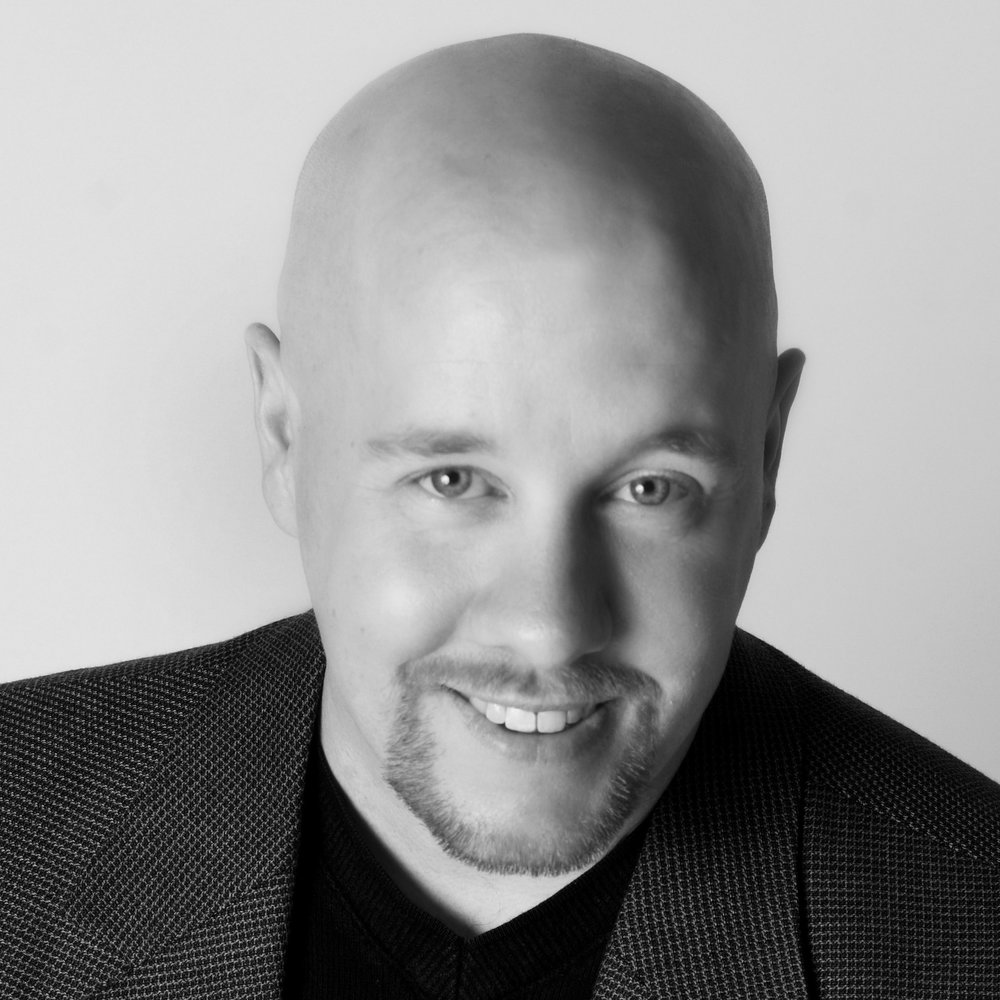 As the year comes to a close, we reflect and future-think. When we’re exposed to others’ insights, it can spark our own ideas. The conversations we have on the blog are one of my greatest joys and insight generators. We’ve talked about change, clutter, letting go, time management, life balance and more.
As the year comes to a close, we reflect and future-think. When we’re exposed to others’ insights, it can spark our own ideas. The conversations we have on the blog are one of my greatest joys and insight generators. We’ve talked about change, clutter, letting go, time management, life balance and more.
I’m grateful for and inspired by the thoughtful words and generous sharing of this community. Thank you to my top engagers – Janet Barclay, Jill Robson, Seana Turner, Nacho Eguiarte, Diane Quintana, Ellen Delap, Sue West, Sheila Delson, Cameron Gott, Leslie Josel, Andrea Sharb and Susan Lasky. I’ve curated twelve of my favorite quotes from the comments you’ve written this year, selecting one from each month and topic. I’m thankful for everyone that adds to our conversations. I’m deeply grateful for the regular supporters and contributors. You bring hope, light, curiosity, and learning to our days.
Enjoy the year in review, one quote and insight at a time. . .
Fresh Start
“It’s always good to have a reset button. That way we don’t get bogged down in self-doubt. Reminding ourselves it is all right to start again, gives more scope for discovery.”
Jill Robson on Pressing the Restart Button
Change
“Small changes are key to lasting change. I have found that when someone tries to make a sweeping huge change it backfires, but when they set a goal and take small incremental steps toward the stated goal they are successful.”
Diane Quintana on How to Embrace Small Changes?
Next Steps
“Making tasks smaller and more manageable makes tasks do-able. I think we all get overwhelmed at some time, but it’s in chunking things down to baby steps that anything can be accomplished.”
Ellen Delap on How to Make Next Smaller and Actually Feel Wonderful
Letting Go
“I’m a year or so into my process of letting go of stuff and commitments…what I’m noticing is how letting go is becoming part of who I am and how these days I seem to almost crave releasing. I’m also noticing that the more I let go of, the more I become aware of what can be released. What I’m noticing most is that with each item released I experience greater freedom.”
Andrea Sharb on What Inspires You to Let Go of Your Clutter?
Clutter
“Some people have so much mind clutter that they can’t appreciate the value of a spontaneous, spacious morning. ‘Too much to do,” they say. Acknowledging mind clutter is the first step to doing something about it, but unlike a room of clutter, stepping away from the clutter in the mind can whisk much of it away. Mindfulness or the act of just being present doing something you love is a powerful antidote to ‘too much on the brain.'"
Cameron Gott on Unique Ways to Manage Mind Clutter
Time Management
“One thing that struck me is the opposite of the white space; how you take the time and energy to commit to where and how you will spend your schedule time (planning) – the intentional ‘yeses.’ White space (free time) is even more meaningful when there is clarity and purpose to the surrounding time blocks.”
Susan Lasky on What Happens When Your Time is Crammed and Overscheduled?
Motivation
“I think it is hugely important to ‘schedule the unscheduled!’ I think it is important to understand your rhythms though. Where and how do you really relax? Can you unwind at home or is the pull of day-to-day life too much? Do you need one long get away to recharge or are mini vacations or even a day at the beach enough? Do you need to sit still or do you need to explore a new city from sun up to sun down?”
Leslie Josel on How Motivated Are You to Slow Down?
Enlisting Help
“Realizing that it’s okay to ask for help, whether it be delegating a difficult or time-consuming task to someone else, asking for advice, or seeking answers online, goes a long way towards reducing overwhelm in my life.”
Janet Barclay on Shift Perspective By Asking, "What help do I need?"
Success
“I am a ‘doodler’ of sorts, and always have been. Sadly often criticized for doing so because it ‘looks’ like I’m daydreaming instead of listening! However, I too find that the activity of doodling (and sometimes note-taking) indeed helps to ‘anchor’ my learning potential.”
Sheila Delson on Easy Success Tips to Boost Your Creativity and Learning
Possibilities
“Values play a key role in significant relationships, financials, free time uses, whom I choose for friends, our reactions and responses. We are so much happier when we know that we are (a) aware of what we do value and (b) can see the values in our daily lives and (c) we know we are not compromising our values.”
Sue West on How Authentic Decisions Lead to Growth and Possibilities
Wonderfully Human
“Beauty of life is recognizing that absence of sad moments, the happy ones could become just dull. A bad moment is hard to go through, but once it’s over, and happiness arises, the good moment tastes sweeter. My way to approach transitions is understanding that everything changes in life, and sometimes the changes are rough and leave scars.”
Nacho Eguiarte on How to Unlock Gigantic Gifts in What Makes You Sad
Life Balance
“Balance, inherently, is something you need to keep adjusting to achieve. Just watch someone on a tightrope…they have to keep moving to keep the balance. So it isn’t a ‘one time’ goal, but rather a journey. At some moments, I may feel like I am falling, but a little shift in position, and I recover. I guess mostly it is being alert and intentional while focusing far down the road.”
Seana Turner on How to Set the Stage for Better Life Balance
What resonates with you? Which idea will be helpful for 2016? Come join the conversation!



